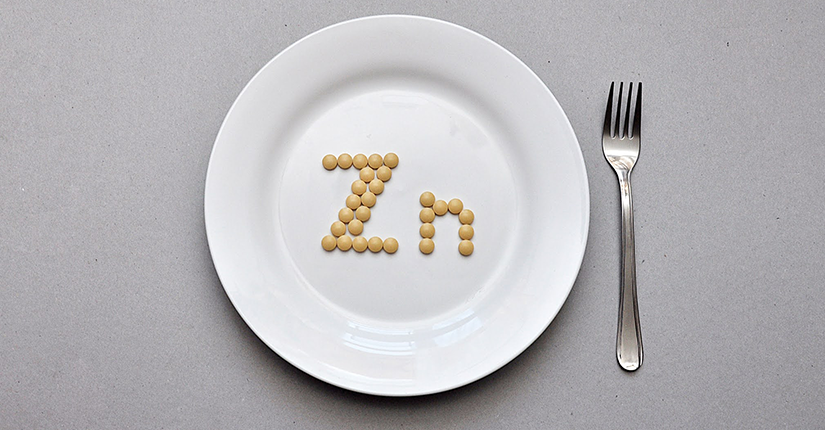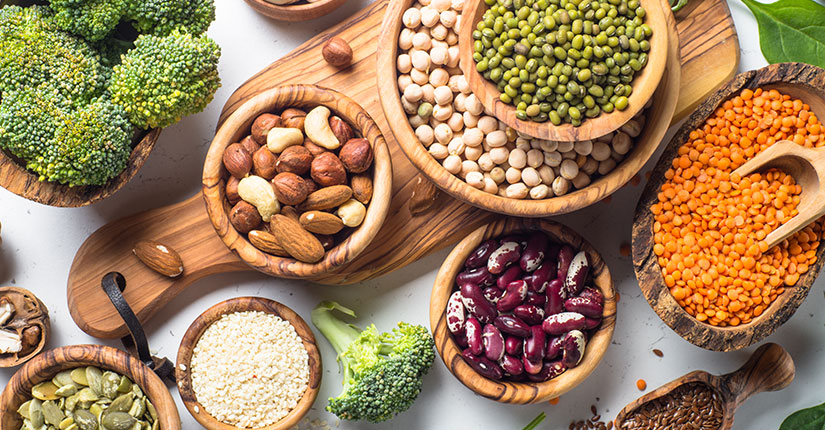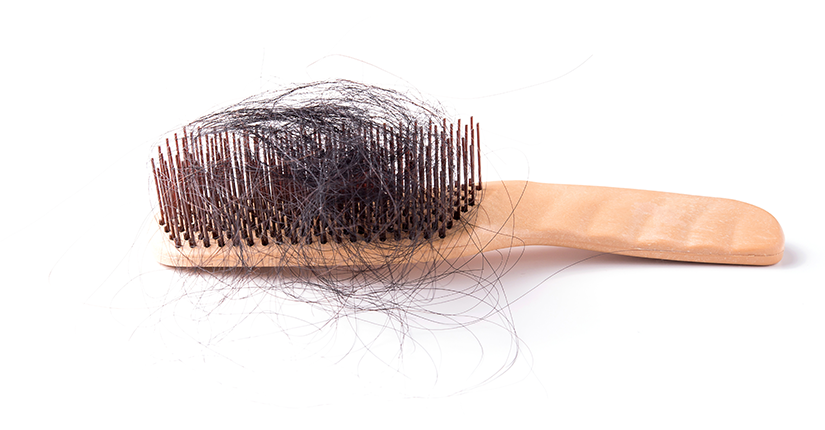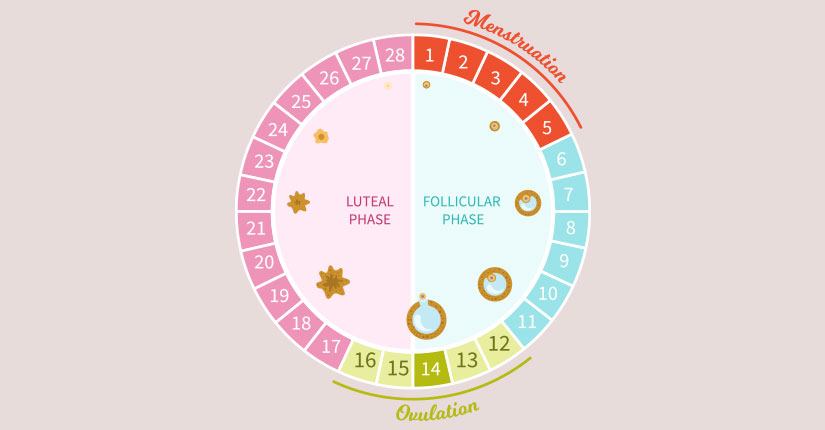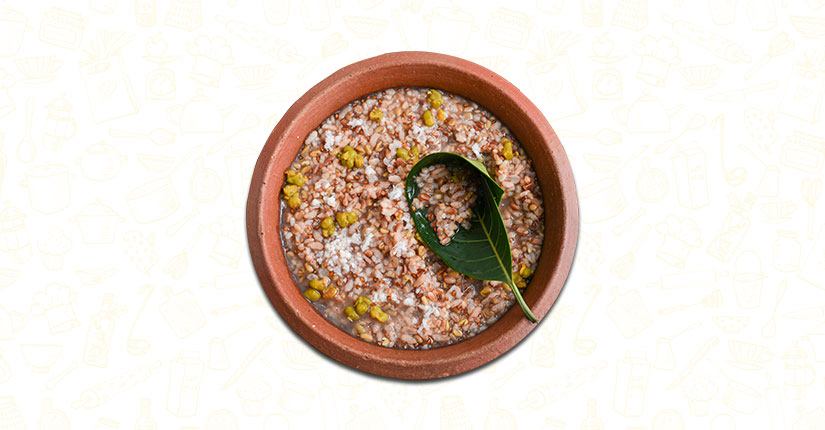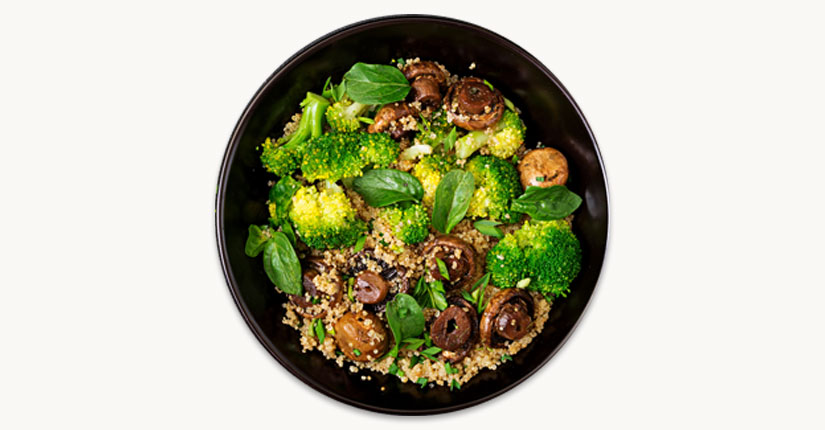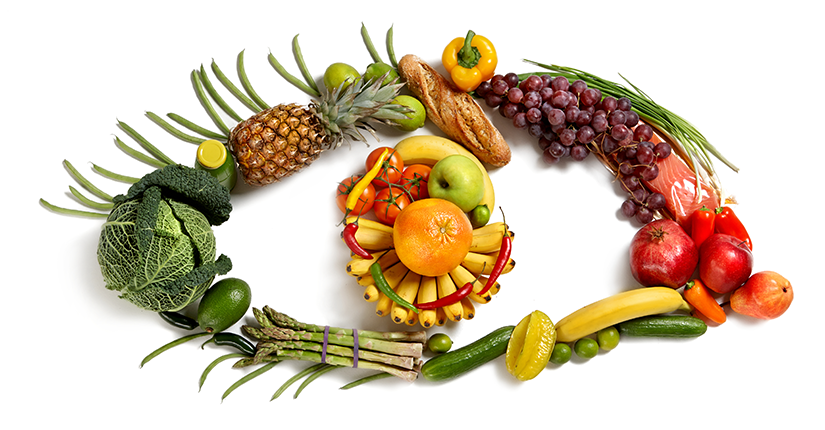Learn The Portions- How to Portion Your Daily Carbohydrates Intake
By Nmami Agarwal 11-Aug 2020 Reading Time: 8 Mins
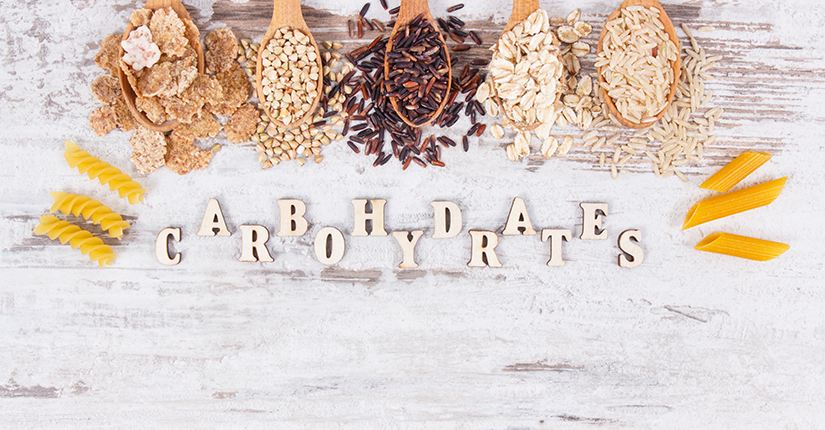
Carbohydrates are often seen as culprits and are often shunned out from our diets in the name of a low carb diet to manage weight better. But carbohydrates provide numerous health benefits and aren’t all bad. Carbohydrates have a huge role to play in your diet. Your body needs carbohydrates to function well. There are two main types of carbs complex and simple. Complex carbohydrates are less processed, more slowly digested, and high in dietary fiber while simple carbohydrates are those that are more quickly digested and so consuming complex ones is better.
How much is necessary?
Since carbohydrates are your body’s main source of energy, it should take up the largest percentage of your daily calorie intake. Carbohydrates provide 4 calories per gram. To know your carb requirements, first, determine your daily calorie needs. You can refer to the Recommended Dietary Allowance (RDA) table as given by the Indian Council of Medical Research (ICMR). 50-60% of a day’s total calories should come from carbohydrates which equal 5-6 servings of cereals, preferably coming from complex carbohydrates; whole wheat chapati, brown rice, millets; bajra (pearl millet), ragi (finger millet) jowar (great millet) and more.
It’s not always practical to count your carbs, so here’s a simple strategy guide to structure your plate at every meal to help you get the right amount of carbs:
- To divide your plate into three sections, draw an imaginary vertical line down the middle of your plate. Then draw a horizontal line across one half, so fill the big section with non-starchy vegetables, such as spinach, carrots, lettuce, green cabbage, or mushrooms.
- Fill other smaller sections with starchy vegetables, such as sweet potatoes, or grains, such as whole-wheat pasta or brown rice and legumes, such as black peas or beans, are also great options.
- Fill the other smaller section with protein. For example, you might choose low-fat options, such as salmon or lean meat, eggs, nuts.
- Add a small serving of fruit or low-fat dairy on the side like yogurt.
- Choose foods that contain healthy fats such as olive oil, avocados, seeds, and nuts.Get the right carbs
Most carbohydrates occur naturally in plant-based foods, such as grains. Common sources of naturally occurring carbohydrates include:
- Fruits
- Vegetables
- Milk
- Nuts
- Grains
- Seeds
- Legumes
Types of carbohydrates
There are three main types of carbohydrates:
- Sugar: Occurs naturally in some foods, like fruits, vegetables, milk and milk products sugar is the simplest form of carbohydrate. Various types of sugar include fruit sugar (fructose), table sugar (sucrose) and milk sugar (lactose).
- Starch: Made of many sugar units bonded together, starch is a complex carbohydrate. It occurs naturally in vegetables, grains, and cooked dry beans and peas.
- Fiber: Fiber is another complex carbohydrate. It occurs naturally in fruits, vegetables, whole grains, and cooked dry beans and peas.
Foods, such as whole grains, legumes, vegetables, fruits and low-fat dairy products, are naturally lower on the glycemic index and beneficial.
Choose your carbohydrates wisely
Carbohydrates are an essential part of a healthy diet, responsible for major functions and being the primary energy source of our body, it should not be removed from the diet completely:
Here’s how to make healthy carbohydrates work in a balanced diet:
- Choose fiber-rich fruits and vegetables: Buy whole fresh fruits and vegetables; avoid frozen and canned fruits and vegetables with added sugar. Other options are fruit juices and dried fruits, which are concentrated sources of natural sugar and therefore have more calories. Whole fruits and vegetables also add fiber, water and bulk, which help you feel fuller on fewer calories.
- Emphasize whole grains: Whole grains are better sources than refined grains of fiber and have vital nutrients, such as B vitamins. Refined grains are more processed and it strips out parts of the grain — along with some of the nutrients and fiber.
- Stick to low-fat dairy products: Milk, yogurt and other dairy products are good sources of calcium and protein, plus many other vitamins and minerals. Go for low-fat versions, to help limit calories and saturated fat in case you are managing weight.
- Consume more legumes: Legumes — which include beans, peas and lentils — are among the most versatile and nutritious foods available. They are typically low in fat and high in folate, potassium, iron and magnesium, and they contain beneficial fats and fiber. Legumes are a good source of protein and can be a healthy substitute for non-vegetarian protein sources, which has more saturated fat and cholesterol.
- Restrict added sugars: Added sugar probably isn’t harmful in small amounts but precisely there’s no health benefit to consuming any amount of added sugar.
Over to you
So pick your carbohydrates wisely. Limit refined foods with added sugars such as sugary drinks, desserts and candy, which are packed with calories but low in nutrition. Instead, go for fruits, vegetables and whole grains. If you simply remove the unhealthiest carb sources from your diet, such as refined or processed food, you’ll be well on your way to improved health.


